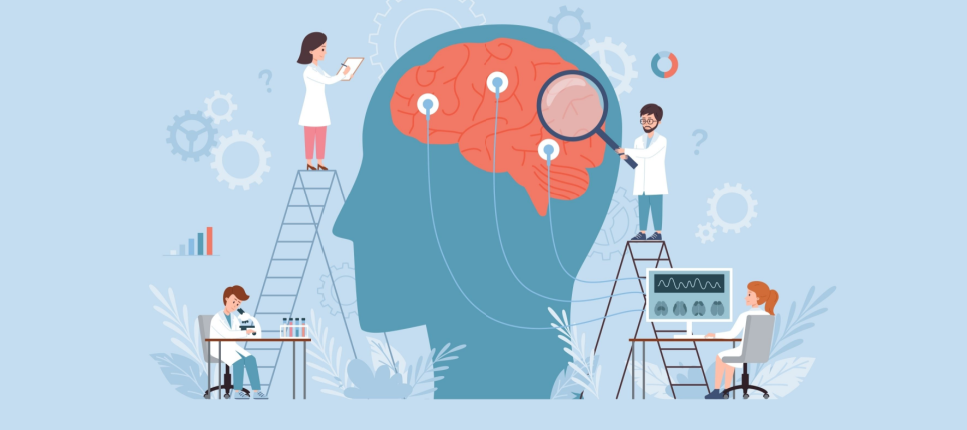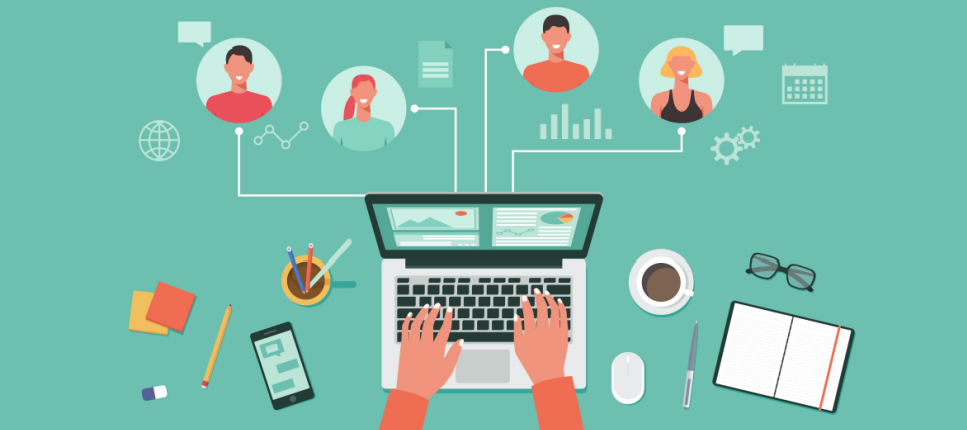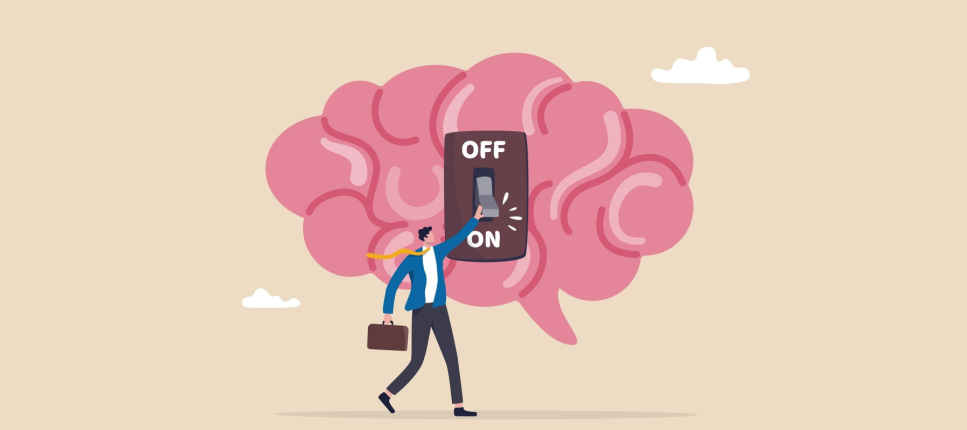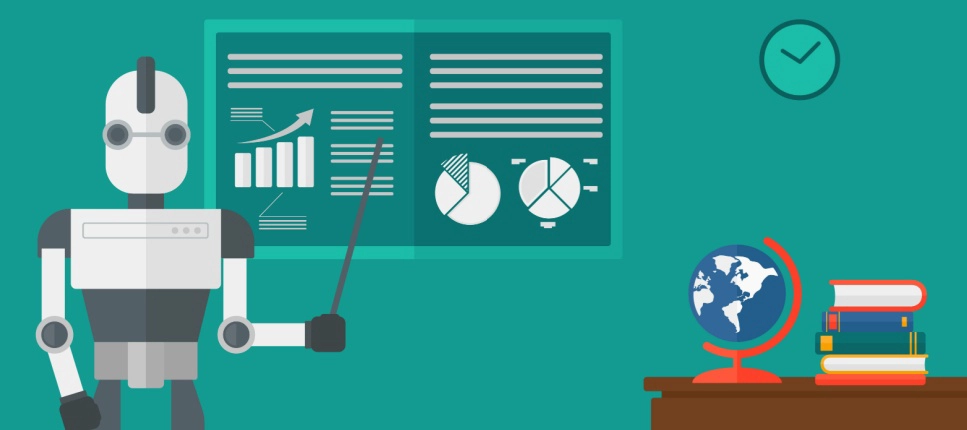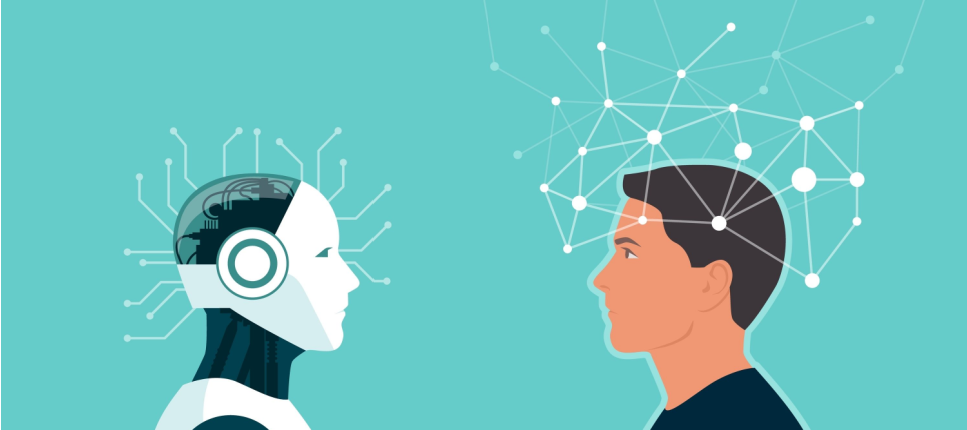 Catherine Meilleur has over 15 years of experience in research and writing. Having worked as a journalist and educational designer, she is interested in everything related to learning: from educational psychology to neuroscience, and the latest innovations that can serve learners, such as virtual and augmented reality. She is also passionate about issues related to the future of education at a time when a real revolution is taking place, propelled by digital technology and artificial intelligence.
Catherine Meilleur has over 15 years of experience in research and writing. Having worked as a journalist and educational designer, she is interested in everything related to learning: from educational psychology to neuroscience, and the latest innovations that can serve learners, such as virtual and augmented reality. She is also passionate about issues related to the future of education at a time when a real revolution is taking place, propelled by digital technology and artificial intelligence.
5 cognitive phenomena to which AI exposes human intelligence
As we interact more and more with generative artificial intelligence, it's essential not only to understand the basics of this technology, but also to be aware that it exposes us to certain cognitive phenomena that can influence the way we perceive and use it. Here are five of these phenomena to keep in mind during your next interactions with AI.


